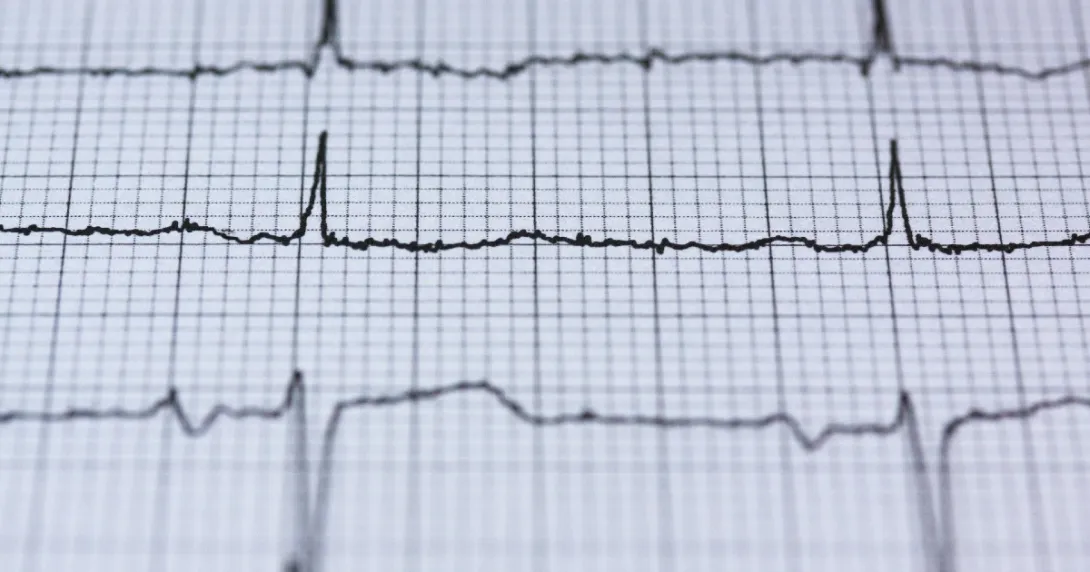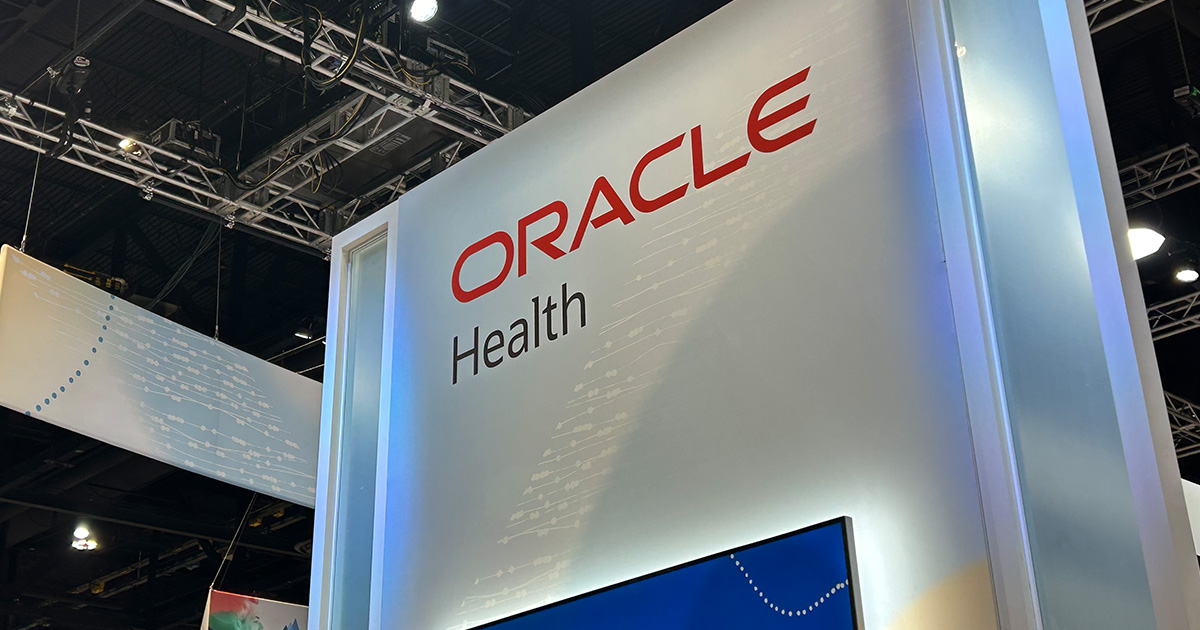
Artificial intelligence could soon help expand access to heart disease screening at scale, NewYork-Presbyterian researchers have shown in a new study. Their findings are focused on a deep learning model that can identify structural heart problems – including heart failure related to cardiomyopathy, valve disease, pulmonary hypertension and severe thickening of the heart – from ordinary electrocardiograms.
In other AI and cardiology news this week, Advocate Health announced a new agreement with Aidoc to disseminate diagnostic imaging algorithms, while Philips is making a heart failure detection model from Anumana available through a new cardiac AI marketplace.
Screening heart disease at scale
NewYork-Presbyterian and Columbia University researchers have developed an AI-powered screening tool that can analyze ECG data to identify patients who should have further testing by echocardiogram ultrasound.
Called EchoNext, the machine learning tool can help providers detect structural heart disease early, which is critical to improving outcomes, the researchers said in a report published Wednesday in the journal Nature.
"We have colonoscopies, we have mammograms, but we have no equivalents for most forms of heart disease," Pierre Elias, medical director for AI at NewYork-Presbyterian and assistant professor of medicine and biomedical informatics at Columbia, said in a statement.
"EchoNext basically uses the cheaper test to figure out who needs the more expensive ultrasound," added Elias, who led the study funded by the National Institutes of Health and other organizations. "We think that ECG plus AI has the potential to create an entirely new screening paradigm."
The deep learning model was trained on more than 1.2 million ECG – echocardiogram pairs from 230,000 patients and validated by four hospital systems, including NewYork-Presbyterian.
Widespread screening is limited by the cost and accessibility of echocardiography and other imaging tools, the researchers noted in the study, which coincided with a release of their model weights and annotated dataset linking heart rhythm data to imaging-based diagnoses.
The AI model detects diseases cardiologists would otherwise be unable to from an in-office ECG, and that alone could help drive EchoNext's adoption.
In a comparison with 13 cardiologists evaluating 3,200 ECGs, EchoNext accurately identified 77% of structural heart problems, while the doctors manually diagnosed about 64%, NewYork-Presbyterian said.
"The models were prospectively evaluated in a clinical trial of patients without previous cardiac imaging, successfully identifying previously undiagnosed heart disease," the researchers said.
The researchers have also launched a clinical trial to test EchoNext across eight emergency departments.
New tool to spot embolisms and hemorrhages
Advocate Health, meanwhile, has announced a new agreement with Aidoc that embeds FDA-cleared algorithms into its clinical imaging workflows.
Based on internal modeling and early outcomes from a two-state pilot study, use of the technology is expected to result in faster prioritization and earlier diagnoses for approximately 63,000 patients each year, said the third-largest nonprofit health system in the U.S.
Advocate's decision to extend its use of Aidoc’s platform across all regions and service lines over the next few months follows a study last year at 22 Advocate sites in Wisconsin and North Carolina. Three Aidoc algorithms were integrated into diagnostic imaging processes, which helped radiologists identify pulmonary embolisms, incidental pulmonary embolisms and intracranial hemorrhages.
"As a radiologist, advanced AI triage algorithms provide me with additional peace of mind that my patients will get scanned, diagnosed and treated more quickly than was ever possible before," said Dr. Jon Jennings, assistant medical director and chair of the Aurora Healthcare AI and Technology Committee for the Imaging and Interventional Radiology Division, which is part of Advocate Health.
When the infrastructure is in place, new capabilities can be deployed, extending diagnostic support to a range of urgent conditions, including cervical spine fractures, rib fractures, pneumothorax, aortic dissection, abdominal free air and brain aneurysms, the health system said.
"When deployed at scale, these tools don’t just make health care more efficient, they make it more accurate," Andy Crowder, Advocate Health's chief digital officer, said in a statement.
By embracing AI technology for imaging, more patients could receive more timely interventions.
"Whether you’re in a large city or a rural community, these technologies can help deliver diagnostic clarity and direction faster and more reliably than ever," said Dr. Christopher Whitlow, radiology chair at Wake Forest University School of Medicine, which is affiliated with Advocate Health.
Detecting heart failure faster
Philips' new ECG AI Marketplace for cardiac diagnostics centralizes AI algorithm access for U.S. hospitals and health systems using its infrastructure, the Massachusetts-based company said Thursday.
"Through the Philips ECG AI Marketplace, we’re building a more flexible and connected approach to innovation in cardiac care," Stefano Folli, Philips' business leader of ambulatory monitoring and diagnostics, said in a statement.
As part of the cardiac AI marketplace launch, the company has partnered with Anumana to offer access to its FDA-cleared Low Ejection Fraction detection model on IntelliSpace ECG and in Philips cardiographs.
Early indicators of heart failure can be found in routine ECG readings with AI, according to the company. Its algorithm has undergone rigorous validation across 150,000-plus patients with nearly 100 peer-reviewed publications supporting its efficacy, Philips said in the announcement.
"By making early detection tools available across multiple platforms, this collaboration helps clinicians intervene sooner, reflecting a shared commitment to improving outcomes for patients at risk of heart failure," said Dr. Simos Kedikoglou, Anumana's president and chief operating officer.
Andrea Fox is senior editor of Healthcare IT News.
Email: afox@himss.org
Healthcare IT News is a HIMSS Media publication.


